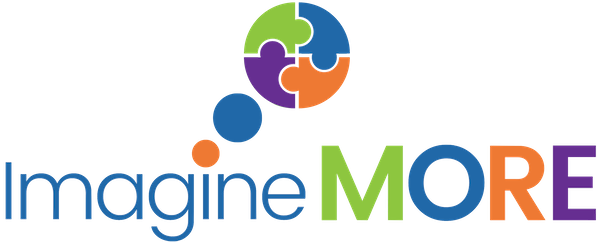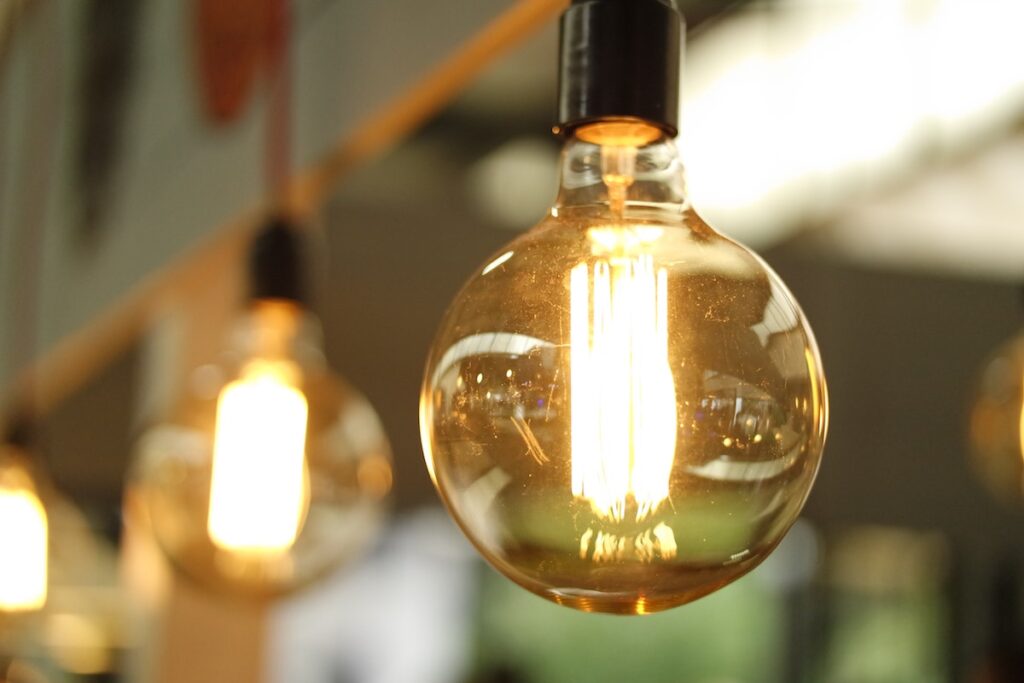Discovering how the individual interests of a person with disability can be harnessed to create a life of purpose, identity and the chance to make a genuine contribution.
Helping friends and family discover ways in which to create a rich and meaningful life for their loved ones, the Family Advocacy workshop hosted by Imagine More on 23rd November was an inspiring event that featured examples of how to achieve a Good Life for people with disability.
Clarity of Vision
Karen Tippet, Advocacy and Leadership Development Team Manager at Family Advocacy, set the scene for the day by discussing what is meant by a ‘Good Life’ and how the elements that constitute a Good Life are universally accepted in general. These include meaningful relationships, home and security, work or leisure that allow you to pursue your skills and interests, making a contribution, good health and more.
Whereas these are often basic dreams with natural pathways for many of us, this is usually not the case for those with a disability. From the moment of birth or diagnosis, a child with a disability is usually ushered into a disability specific, segregated pathway of ‘special’ settings that can continue into adulthood.
To claim the right of a person with disability to an ordinary life, with the same kind of things that the rest of society aspires to, requires Clarity of Vision, explained Karen. She stressed the necessity of articulating a Vision that was based on the kind of life you want for your loved one – a Vision that is not inhibited by limits, but aspires to a life of meaning where a person can live to their fullest potential.
Valued Roles
Drawing from her own experience as the mother of three young adults, the eldest of whom has an intellectual disability, Meg Sweeney, described how her family moved away from the segregated pathway to intentionally seek out and build an ordinary life for her daughter, including supporting her daughter to live in her own home, have paid work, volunteer in a crèche and connect with people around her interests.
Meg discussed the importance of roles in our lives, and how we use roles to get from where we are to where we want to be in life. She also explained how it is through our roles that we develop relationships, and how intentional facilitation is needed for this aspect of life to be fulfilled for a person with disability.
How Do We Make it Happen?
During the last half of the workshop Meg facilitated a useful practical exercise that encouraged participants to think of a Valued Role for their family member and then explore the different aspects needed to fulfil that role – such as people, places, pastimes, when the role takes place, the appearance of a person in the role, and the language that would typically be used in the role. By unpacking a specific role in this way, participants were able to visualise pathways through which their family members might attain those roles.
Demonstrating how crafting valued roles for people enables them to make a contribution to community through examples from her daughter’s life, Meg also discussed how roles build identity, increase participation in community and how one role often leads to another.
The roles that participants came up with ranged from Occupation Roles to Relationship Roles, Sport and Leisure Roles and more, inspiring everyone to think of the many ways in which people with disability could enjoy a rich life, where their talents and interests were harnessed, and they experienced a deep level of belonging in the community.
If you would like to learn more about how to use the Role Communicators Tool to help your loved one attain valued roles in the community, Imagine More can guide individuals or groups in understanding and utilising this practical resource – Contact Us on info@imaginemore.org.au for more information.



